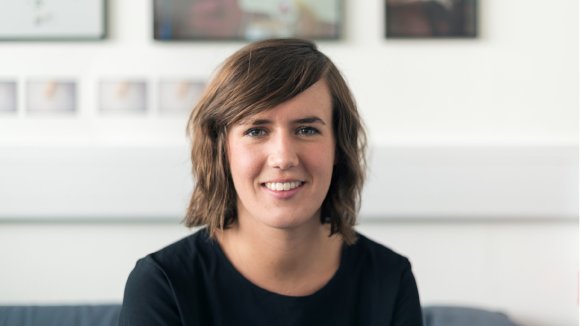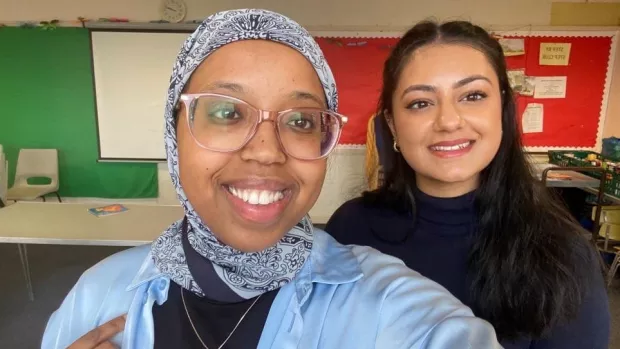
Improving MS care for people from minoritised ethnic backgrounds
Dr Alison Thomson is a senior lecturer at Queen Mary University. She wants to design better, more inclusive MS services that involve people with lived experience of MS in all stages research.
We know people from minoritised ethnic groups face inequalities accessing healthcare. And we know they have been systematically excluded from research. But research is only good when it’s done fairly and inclusively. And there’s still gaps in what we know about the experiences of people from minoritised backgrounds.
Dr Alison Thomson, Principal Investigator at MS Peer Research
Can you tell us about your research project?
We’ll run focus groups and interviews to learn more about the experiences of people living with MS from Black and South Asian backgrounds.

We want to know what barriers and challenges people from minoritised ethnic backgrounds experience when accessing treatment and support for their MS. And come up with tangible plans of how we can improve services to make them more accessible and useful.
What research methods are you using?
We use participatory research methods, which means putting people with lived experience of MS at the centre of research. They lead and shape the research at all stages of the process. Like writing grant applications, being in steering groups and collecting and analysing data with us.
Our peer researchers are people affected by MS from non-white backgrounds. We provide research training for them, for example in interviewing and analysing data. So people can become a peer researcher even if they don’t have experience working in research. It’s open to everyone.
Why is this research so important?
Many things can influence how easy it is for someone to access MS care and services. For example, someone’s culture, language barriers and religious beliefs. But also historical experiences of healthcare systems and racial discrimination. It can impact the quality of care for people from minoritised backgrounds.
And it ultimately can affect their health and how their MS is treated. And that’s why it’s so important everyone has access to care that they need and that works for them!
What are your hopes for the future?
I hope research will be more inclusive and representative in the future. And that the participatory approach will help us include diverse people with lived experiences in every aspect of MS research. We’re trying to come up with practical ways to improve MS care for people from minoritised ethnic backgrounds. For example, promoting awareness of access barriers. And developing guidelines on how we can improve services to consider their needs.
Terri-Louis Brown, CEO and founder of Talks with MS
"Including Black and brown people in MS research in the UK is crucial for several reasons. Firstly, MS affects individuals from diverse racial backgrounds, and studying this diversity can lead to more tailored treatments and interventions. Secondly, disparities in healthcare outcomes persist, with under-representation making these issues worse.

Inclusive research helps bridge these gaps, ensuring equitable access to care and improved health outcomes.
"Articles like this highlighting inclusion are essential. They raise awareness, promote diversity in research, and foster collaboration to better understand and combat MS across all communities."




